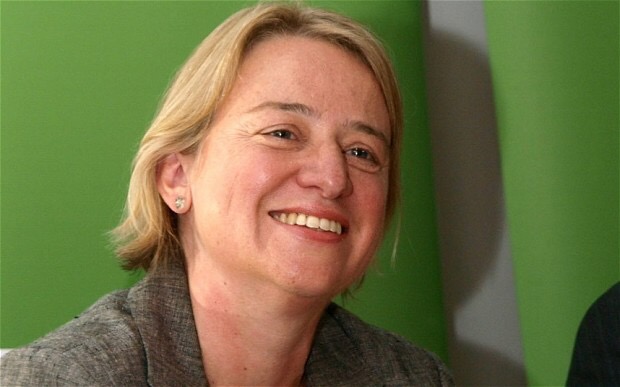The “positive possibilities of devolution” will be outlined in a speech by the Green Party leader, Natalie Bennett, to an audience at the Manchester Conference Centre this evening
A gathering of academics and students at the Centre for Research on Socio-Cultural Change (CRESC) event will hear how northern devolution can “start the process of asking questions, of seeking new models, of developing new processes in politics”.
Bennett will also spell out her criticisms of the government’s current ‘Devo Manc’ proposals by insisting that the “process of creating devolved political institutions should look like a bottom-up, carefully considered process of deliberation by all those affected.”
Bennett is expected to say:
“There’s a clear danger – indeed likelihood with the current arrangements of Devo Manc – that centralised, ill-informed, ill-directed decision-making from London for the Greater Manchester region will be replaced by centralised, ill-informed, ill-directed decision-making from central Manchester out to the further, and poorest, reaches of its region. Central Manchester could dictate to Trafford, Bury, Stockport, Rochdale, Oldham, Salford, Bolton, Tameside and Wigan, just as Westminster now relates to it.”
Turning to the “positive possibilities of devolution”, Bennett is expected to say:
“A powerful devolved authority could protect and retain key employers and purchasers such as hospitals and administrative offices. A powerful devolved authority could through planning policies insist that rather than dormitory suburbs, complete communities with homes, jobs, education and leisure facilities were built to build lives not of endless car commuting but short walking and cycling journeys.”
Bennett, while welcoming northern devolution, will also explain why giving power to a mayor or elected body alone won’t solve the UK’s “massive democratic deficit”.
She is expected to say:
“What devolution, as a single step, can’t do, is solve our massive democratic deficit in Britain – the fact that the vast majority of decisions, most of the time, aren’t made with anything like the consent, or the knowledge, of most British residents. That we have a government with a majority, albeit a slender majority, that won the support of just 24% of eligible voters is simply a symbol of that.
“But one thing that the very existence of the talk of devolution can do is start the process of asking questions, of seeking new models, of developing new processes in politics.
“That’s exciting, and important.”







